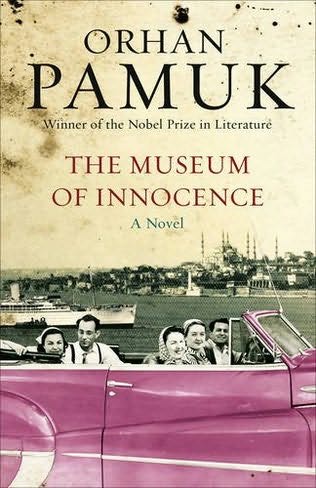 Xinran is a woman on a mission, possessed by the need to uncover the sad fate of abandoned and forgotten Chinese girls, rendered inferior to their male counterparts. Xinran is a mother, a journalist and a humanitarian and this book traces her experiences as she tries to come to grips with the impact of China’s One Child Policy on both its mothers and daughters.
Xinran is a woman on a mission, possessed by the need to uncover the sad fate of abandoned and forgotten Chinese girls, rendered inferior to their male counterparts. Xinran is a mother, a journalist and a humanitarian and this book traces her experiences as she tries to come to grips with the impact of China’s One Child Policy on both its mothers and daughters.
The book is constructed as a series of anecdotes or stories which each deal with a different aspect of the challenges facing Chinese mothers when they give birth to daughters. The women she discusses are mainly rural and traditional, although at times the inner city narrative intrudes to strike a greater paradox in this broader tale.
The overarching sense of this book is the despair that these mothers feel at having to surrender their daughters either to others or to do away with them. This “doing” babies is probably one of the most confronting aspect of this book – for Xinran, the author, and for readers. “These brutal folk customs left me speechless, yet I still wanted to know whether these mothers for whom it was common practice really smothered their daughters as casually as they ate a meal or threw away a piece of rotten fruit. Of course they did not. People might say that a woman who abandons her baby must have a heart of stone, but everything I saw and heard told me this was almost never the case.” The author makes this very real by narrating an event which occurred when she visited a village house where a baby was being born. Xinran notices the silence after the birth and is surprised. The midwife leaves and the author happens to spy a baby’s foot floating in the slop pail – – “That’s a living child!” she protests … The response: “It’s not a child … If it was, we’d be looking after it … it’s a girl baby, and we can’t keep it… Around these parts, you can’t get by without a son.” [1989]
I could only sit there, dumbly watching over the slops pail and the tiny life in it, scarcely born and so quickly snuffed out. In such a hurry to depart, and so alone. Just because she was a girl! ‘The mother’s of girls are all heartsick!’The words have echoed in my ears down the years. And the memory of that small, twitching foot still often disturbs my dreams … Could I have saved her?
This book is filled with not only the painful descriptions above, but also with wonderful visual imagery encapsulating life in China – “the lines that she saw while riding her bicycle to work – people queuing for rations, fuel, rice, oil and salt, no one reading a newspaper or book, quiet, no one chatting.” Mixed into these vivid snippets of Chinese existence, is the drama that Xinran sees everywhere she goes. On her way to work she discovers an abandoned baby girl, orphanages call out to her, she is perpetually plagued by the cry of these unwanted girls. Xinran is honest in the purpose of her telling: “Chinese women down the ages have never had the right to tell their own stories.” This is Xinran’s attempt to provide them with that voice and that space. To do this, she literally swamps her book with their tales; letters, personal encounters, anecdotes, all examples of the voices of women that she has met and their tales.
One woman’s letter to her reads:
“Xinran, can you understand the feelings of that woman who had lost her daughter? Never to be happy again, condemned to live in silent agony – can you imagine that? Can you make the memories of her daughter fade as she goes through life? Waiter, the woman who waits, is me. That’s the name I gave myself after I lost my daughter … someone who waits for a future which will never come….”
Every night I call to her from my island: ‘How are you baby? Do you know that your mother, the woman who gave you life and has given you her life too, is thinking about you? You sucked from her breast not just milk, but your mother’s very soul. ..
I am two different people now. By day, I’m just like any other woman my age, working away like mad, wanting recognition for everything … But by night, I become the lonely woman I have grown into, weighed down by the guilt of having abandoned my daughter. The pain of missing her so much tears me apart, until sometimes I actually feel it’s giving me a real, physical heart attack.”
It is the voices of these women which make this book.
A ten out of ten. I cannot recommend this book enough. It is a must read, quite possibly my book of the year.















